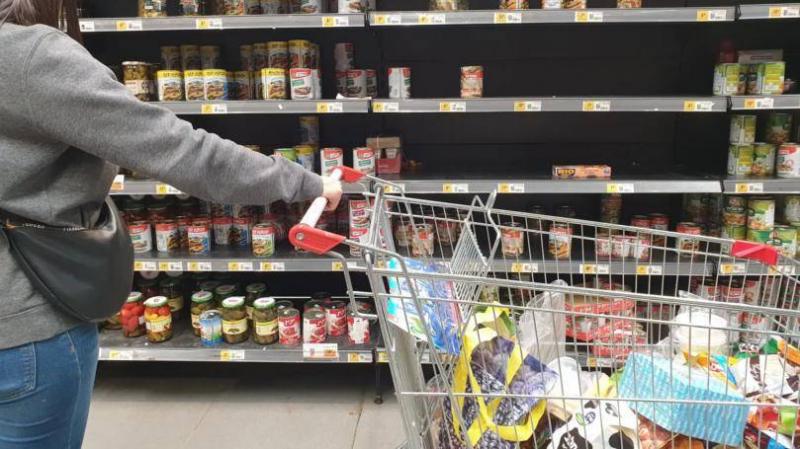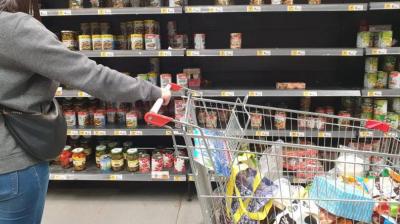Last Tuesday, the budget was issued, along with a path of rising prices. Yesterday, the General Directorate of Personal Status announced an increase in fees related to issuing individual or family registration certificates or executing documents of occurrences (marriage, birth, death, divorce) by twenty thousand Lebanese pounds, and one thousand Lebanese pounds for the authentication of any document issued by the General Directorate of Personal Status, and five thousand Lebanese pounds for the issuance of an identity card. Additionally, the General Directorate of General Security has set the fees for issuing Lebanese passports to be one million Lebanese pounds for a five-year passport, and two million Lebanese pounds for a ten-year passport.
However, ambiguity still surrounds the rise in food prices, which has become a significant concern for Lebanese citizens who work day and night to secure what they refer to as “the daily bread.” Price increases have affected food items today, even though there is still no movement on the customs dollar. Where, then, did this increase come from? Will it be the last, or are prices on a relentless upward path without any oversight?
In this context, Hani Bahsali, head of the Food Importers’ Syndicate, explains to "Al-Markazia" that the 2022 budget includes three inflationary items: a 15% increase on the customs dollar, a 10% increase on locally manufactured imported items, and a 3% increase on all items covered by the TVA. He points out that "the ambiguity surrounding the implementation date of the customs dollar remains," announcing that "the 3% increase on all food items covered by the TVA has come into effect today."
Meanwhile, the goods that will be subject to the 10% fee have not yet been identified, and the Syndicate is awaiting lists from the ministries of Economy, Industry, Agriculture, and Finance, as these will apply to items that are locally manufactured and imported, where there is self-sufficiency, and to items considered luxuries. At this point, Bahsali questions, "Who determines these luxuries? What are the criteria used to classify and determine them? What are the essentials, and what are the luxuries?"
As a result, Bahsali regrets this confusion in handling the file. Despite the Syndicate’s diligent follow-up, no decision has yet been issued regarding the exemption of essential food items from the customs dollar, especially since not issuing these lists could jeopardize the food security of many Lebanese by not being able to obtain necessary food items. Bahsali affirms that for a year now, since discussions began about the customs dollar, the Syndicate has reached out to the relevant parties, and to this day, there has been no response.
Bahsali reveals that the absence of these lists means, in practical terms, a nearly 40% increase on most essential items. When asked if the return of electricity between 8 and 10 hours a day would affect prices, he hoped it would materialize, declaring, "We will be the first to seek price reductions." Until then, who will be responsible for the deterioration of citizens' food security in light of the official divorce between the citizen's reality and the political world?




